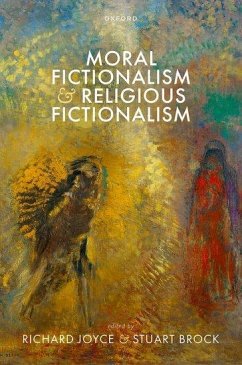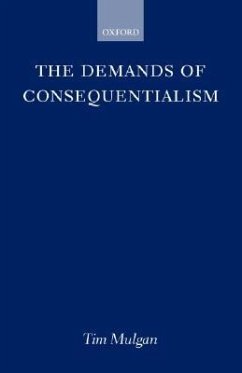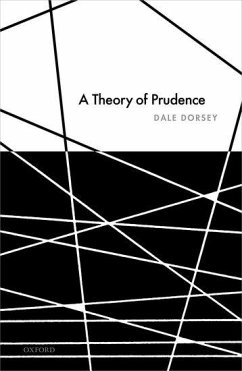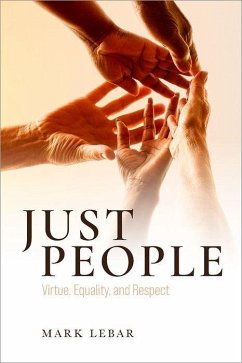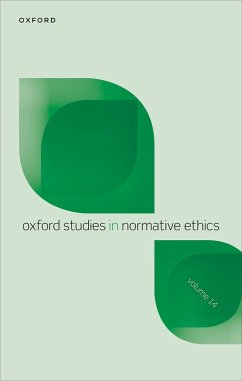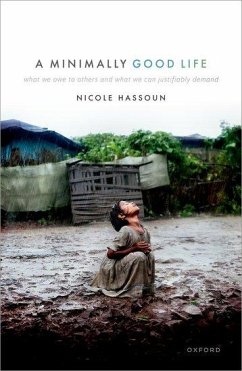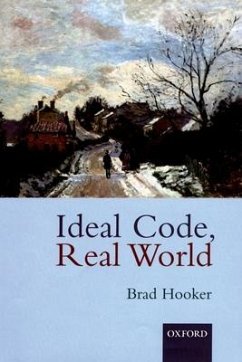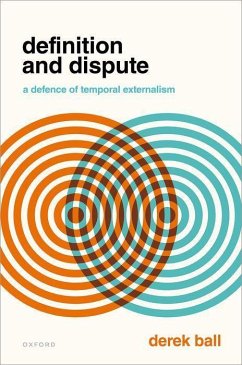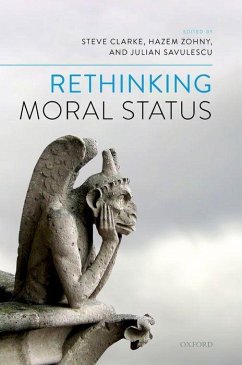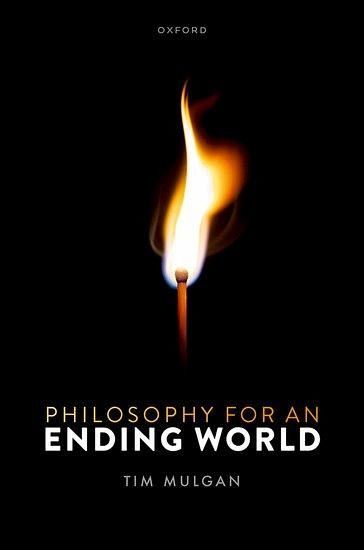
Philosophy for an Ending World
Versandkostenfrei!
Versandfertig in über 4 Wochen
103,99 €
inkl. MwSt.
Weitere Ausgaben:

PAYBACK Punkte
52 °P sammeln!
Tim Mulgan introduces a new thought experiment, which takes the form of a challenging possible future: the world will end in two hundred years, and humanity faces unavoidable but not immediate extinction. He presents imaginary discussions, within this slowly ending world, of such topics as the meaning of life and the purpose of the universe.




